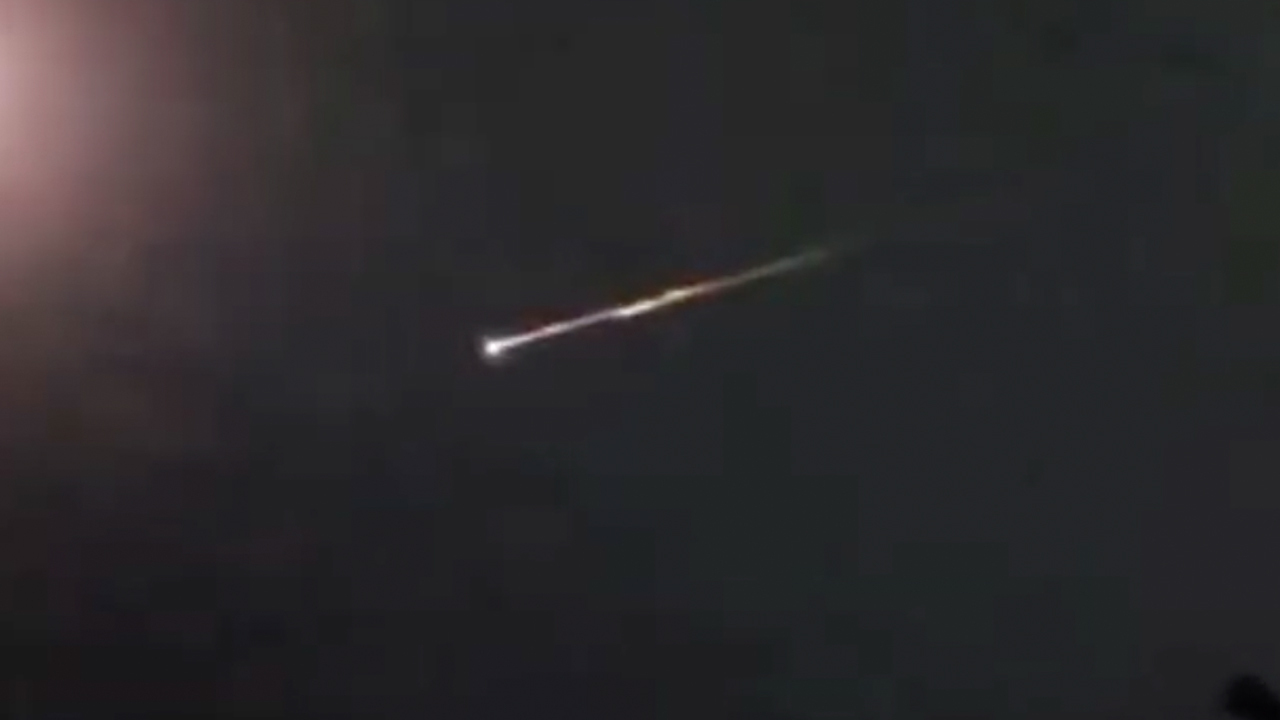In the early hours of Wednesday (20), the spy satellite Kosmos-2551, from Russia, returned to Earth. During the re-entry into the atmosphere, the satellite glowed like a beautiful ball of fire, seen by observers in cities from the south to the north of the United States. The American Meteor Society (AMS) has received more than 80 reports of people seeing the object glowing in the sky.
There is not much doubt about the object’s identity. AMS estimated that the fireball “lighted up” at 1:43 am EDT, exactly the time estimated for the Kosmos-2551 satellite to pass through the reporting regions. “So I conclude that the Kosmos-2551’s identity is solid,” commented Jonathan McDowell, astronomer and satellite tracker. Chris Johnson, one of the people who observed the re-entry, posted a 27-second video showing the satellite glowing in the sky from Fort Gratiot Township, Michigan.
Check out:
Want to catch up on the best tech news of the day? Access and subscribe to our new youtube channel, Canaltech News. Every day a summary of the main news from the tech world for you!
The Kosmos-2551 is a Russian reconnaissance satellite that was launched in September but failed. After launch, the satellite failed to adjust its orbit, and McDowell estimated that the satellite would re-enter the atmosphere the next day—the prediction took less than an hour to realize. The satellite re-entry probably did not release debris, so there was hardly any risk of people or buildings on the ground being hit.
Fireballs of this type, caused by the re-entry of space junk, are a not-too-rare event to see — recently, for example, the remains of a Falcon 9 rocket, gives SpaceX, shone in the sky after the launch of a wave of Starlink satellites. So, as humanity continues to launch more and more satellites into orbit, these incidents are expected to become more and more common.
Did you like this article?
Subscribe your email on Canaltech to receive daily updates with the latest news from the world of technology.
–
–
–


